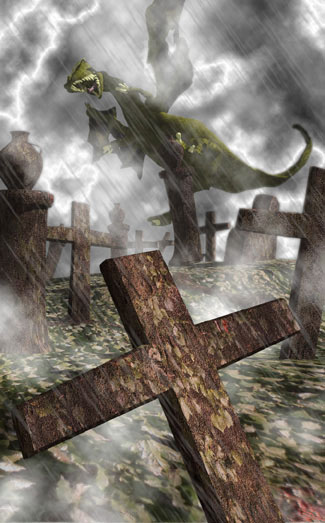3000 Years of JOKES AND MISTAKES  by Professor Julia Evergreen Keefer
by Professor Julia Evergreen Keefer
The objective of this theme is to stimulate the student to research the mistakes and humor of great thinkers, writers, dramatists, comedians, scientists, politicians, and world leaders throughout history. What is the most egregious error we have committed? Those of us who love clean air may regret the invention of personal cars, tobacco, and many industrial products. What strong belief was the most absurd? Thinking the world was flat? Who makes you laugh the most? It isn't always a comedian-- it could well be a politician. Why?
What is humor? Recent studies in functional magnetic resonance imaging reveal tremendous cerebral activity when people are creating and reacting to humor, connecting the language center to the somatosensory area, the right brain with the left. By laughing as we learn, we can therefore remember things better as they become embedded in our bodies through our senses as well as our cognition. How does humor differ from culture to culture? Why is it that Americans have traditionally preferred physical comedy to the esoteric word play of much British and French satire? As we approach the millenium, are Americans developing a more intellectual sense of irony? Is this a part of growing up or getting more jaded?
Think of all the technology inventions of this century. Are any of them mistakes? Look at the book MEDICINE AND WESTERN CIVILISATION to see how physicians and patients dealt with disease in previous eras. What mistakes did they make? Are any of these philosophies erroneous like the poisonous effects of masturbation on mind and body? Who corrected these mistakes?
Is there anything funny about the great explorers like Leif Ericsson, Christopher Columbus, Lewis & Clark, the astronauts, and the modern adventurers to Everest, Telluride, Belize, the Catskills. What about all the explorers who exceeded their limits and died during their adventures? Was their hubris a mistake or just bad luck?
Did our so-called geniuses, Aristotle, Plato, Jesus, Leonardo Da Vinci, Descartes, Nietzsche, Freud, Einstein, et al. make any mistakes: If so, what were they and who corrected them?
Literature Track
Look at the following works in terms of Pain, Problem, Imperfection, and Punchline
Lysistrata by Aristophanes
The Greeks were suffering from too many wars. When their men returned from home, the women dressed up seductively and then refused to have sex unless the men vowed never to fight again.
School for Wives by Moliere
An innocent young girl turns the tables on a lecherous old man after he sends her to a convent.
School for Scandal by Richard Brinsley Sheridan
An older man tests his innocent, country wife's loyalty by bringing her to town where she learns to see through her scandal-mongering friends.
Midsummer Night's Dream by Shakespeare
The folly of romantic love is satirized when a fairy queen falls in love with a monster but, by putting the magic potion in everyone's eyes, all the couples end up happily marrried.
"A Modest Proposal" by Jonathan Swift
This short essay proposes a ludicrous solution to the Irish potato famine.
Film and TV Track
Charlie Chaplin movies
I Love Lucy
Woody Allen movies
Seinfeld
Wag the Dog by David Mamet
Conan O' Brian
South Park
Cyberperformance V: 100 Years of Jokes and Mistakes
Webfolios
Alecsey Boldeskul
Jessica Goldberg
Joey Jabaley
Edgar Jaramillo
Elena Margarita McCalla
Zachary Papazahariou
Donna Philibert
Judy Schramm
Jagjeet S. Sidhu
Ruth Snapper
Tonja Weary
Back to Home Page
Each student will follow their own research path with appropriate texts, journals, interviews, online material, community research etc.but will submit at least 2 pages of writing a week as well as give weekly progress reports to the rest of the class. Students are encouraged to choose an area compatible with their experience, jobs, college major and interests. At the beginning of the semester we will choose common texts for in-class writing, discussion, and the cyberperformance.
WW1 students will have a shorter reading list and do an 8-10 page paper whereas WW2 students must write the required 15 college term paper. Both classes must do webfolios and oral presentations of their work for CYBERPERFORMANCE VI December 99.
The best papers will be published in the JOURNAL OF ONLINE EDUCATION for the WORLD ASSOCIATION OF ONLINE EDUCATION.